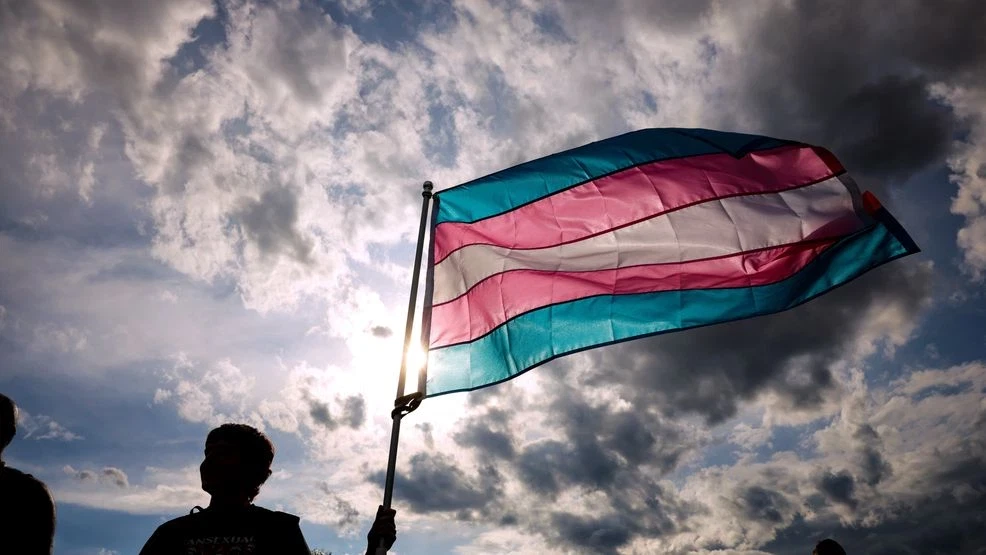Copyright Baltimore News

A San Diego State University professor corroborated a Canadian-based politics professor's findings that the number of young people that identify as or nonbinary has been cut in half in just two years. Last week, Eric Kaufmann, a professor at the University of Buckingham, shared on X his analysis of data from the Foundation for Individual Rights and Expression (FIRE). The FIRE survey showed that in 2023, 7% of surveyed American college students reported that they did not identify as male or female — meaning nonbinary. By 2025, the survey reported the number of students identified as non-binary had dropped to just under 4%. Kaufmann shared his findings on X, writing that trans "identification is in free fall among the young." The post and its accompanying thread garnered millions of views, and is was even shared by Donald Trump Jr. However, Kaufmann's analysis had some major limitations. The FIRE survey did not specifically ask if someone was transgender, which is distinctly different than a nonbinary identity. There was also concern of how the data was weighted to show broader trends among the general population. "The problem, as I knew from looking at the data weights, was that they produced erratic results," Kaufmann told the Daily Mail. So San Diego State University psychology professor Jean Twenge ran an analysis of two datasets to determine if Kaufmann's claim that transgender identity was actually sharply declining in just two years, according to the report. She based her analysis on the Cooperative Election Study. She looked at the survey, between 2021 to 2024. Beginning in 2021, the CES began to include a direct question asking if a person was transgender and also another question if someone was nonbinary. Twenge found that from 2022 to 2024, transgender identity for people in the 18 to 22 year age bracket cut in half. Meanwhile, people in that same age bracket also saw a more than 50% decline in non-binary identification between 2023 and 2024. "It turns out identifying as transgender really is in free fall among the young in the US. So is identifying as nonbinary," Twenge wrote on her Substack. 'In other words, Kaufmann was right (with what some consider the wrong data, but still right)." However, Twenge said an analysis of 2025 CES data will need to be conducted to see if the trends are long-lasting. She hypothesizes that a drop in transgender and nonbinary identity may be attributed to societal acceptance.



